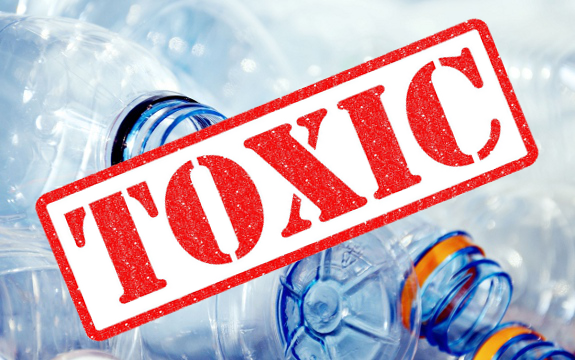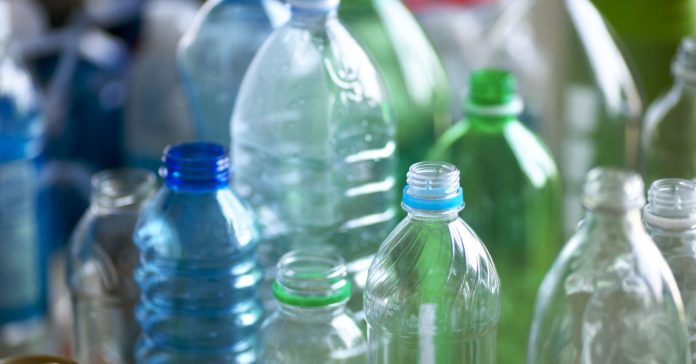Hector Sectzer discusses the pros and cons of plastic bottles on health. Hector is a Certified Fitness Trainer, Nutritional Specialist, and CPR Certified. Researcher, Author, Philanthropist. Advisory Council Member for the World Energy Forum & the Water Security Council for the United Nations. Former Chief Executive Office of BCC News.
This video deals with the dangers of drinking water out of plastic bottles and possible alternatives to avoid that danger. Many people believed that manufacturers of plastic bottles use a dangerous chemical called BPA. BPA stands for bisphenol A. BPA is an industrial chemical that has been used to make certain plastics and resins since the 1960s. It was believed that this chemical “bleeds’ or dissolves into the liquid that the container carries, and it gets ingested into our system when we drink such product or water. BPA is found in polycarbonate plastics and epoxy resins. It was said that polycarbonate plastics were often used in containers that store food and beverages, such as water bottles.
However new research has found that Plastic water (and soda) bottles do not contain BPA. They don’t now and never did. The truth is, pretty much all plastic water (and soda) bottles are actually made from a plastic called polyethylene terephthalate, also known as PET. PET is not manufactured from BPA and does not contain BPA at all.All this sounds like wonderful news, however (one more time) PET plastic water bottles have maintained a reputation as safe, at least as far as human health is concerned. But new evidence suggests that PET, or polyethylene terephthalate, may not be so benign after all.
Water bottles made from PET plastic leach compounds that mimic the hormone oestrogen raising questions about their safety, say German researchers. The hormone oestrogen stimulates female characteristics at puberty and controls a woman’s reproductive cycle: the development and release of an egg each month (ovulation) for implantation in the uterus (womb), and the way in which the lining of the womb thickens to accept a fertilized egg. Scientists at Goethe University in Frankfurt found that estrogenic compounds leach from the plastic into the water. Now it appears possible that some as-yet unidentified chemicals in these plastics have the potential to interfere with estrogen and other reproductive hormones, just as BPA and phthalates do.

So, what is the bottom line of all this? You just can’t trust anything that involves chemicals and goes into your food or water. Always be suspect of big chemical companies telling you that their product is safe for packaging food or human consumption. You have to constantly ask yourself “Is it safe?” just like in the film “The Marathon Man” when Laurence Oliver playing a Nazi war criminal had Dusting Hoffman, playing Thomas “babe” Levy tied to a chair and kept on asking him “Is it safe?” while he dug a dentist pick into one of his decayed teeth, making him scream in pain.
Follow your instincts, research and make sure you find alternatives for those products that will slowly poison you.
Hector Sectzer interview by Dr. Paula Fellingham Director of The Global Prosperity and Peace Initiative, a Women’s empowerment Network with millions of women followers all over the globe. Dr. Paula Fellingham has given presentations to delegates at the United Nations, for the World Movement of Mothers in Paris, and at numerous other conferences across the world. Paula participated in the World Congress on Families in Geneva, and at the World Movement of Mothers Conference at NATO Headquarters.
© Copyright – Hector Sectzer

















